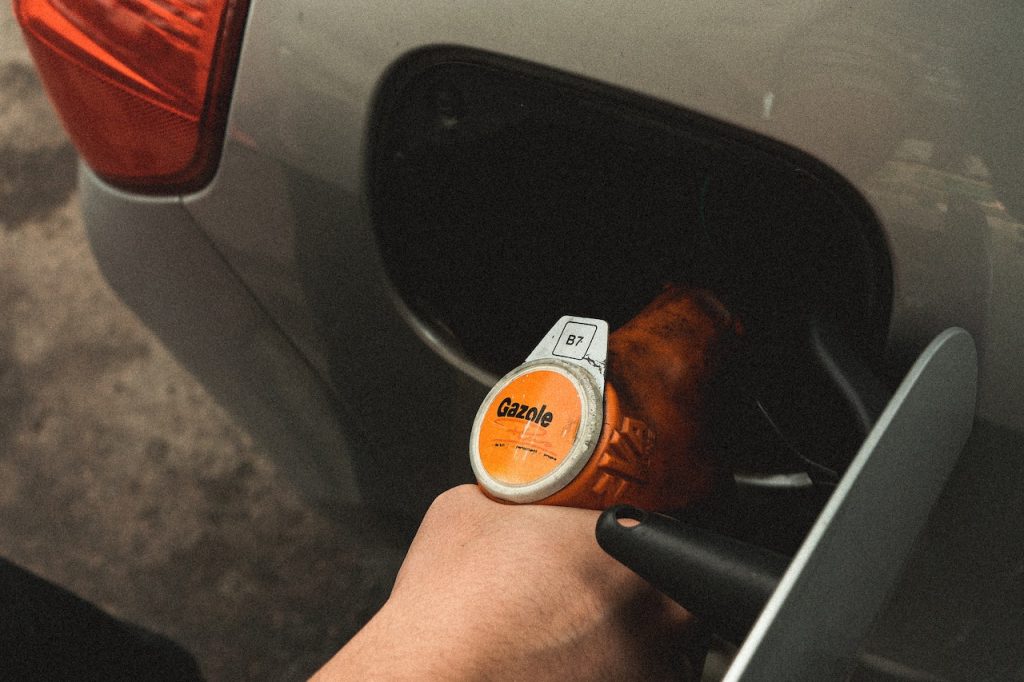Contaminated fuel is a serious issue that affects millions of people worldwide. It is a problem that can cause significant damage to vehicles, equipment, and the environment. Fuel contamination can take various forms, including water, sediment, and microbial contamination. This article will discuss the basics of contaminated fuel, its dangers, how to detect it, what to do if you have used it, and how to prevent fuel contamination.
Understanding the Basics of Contaminated Fuel
Contaminated fuel is any fuel that contains impurities that can cause harm to a vehicle or equipment. The most common types of fuel contamination are water, sediment, and microbial contamination. Water contamination can occur when water enters the fuel system through leaks or condensation. Sediment contamination occurs when the fuel tank accumulates dirt, rust, or other particles. Microbial contamination is caused by the growth of bacteria and fungi in the fuel system. Contaminated fuel can cause significant damage to engines, fuel pumps, and other components of a vehicle.
The Dangers of Using Contaminated Fuel
Using contaminated fuel can cause significant damage to a vehicle or equipment. Water contamination can cause rust, corrosion, and damage to fuel injectors. Sediment contamination can clog fuel filters and cause damage to fuel pumps. Microbial contamination can cause fuel degradation, clogged filters, and damage to fuel injectors. In addition to vehicle damage, contaminated fuel can also cause environmental damage. When burned, fuel releases harmful pollutants into the air, causing air pollution.
How to Detect The Problem
Detecting contaminated fuel can be challenging, but there are some signs to look for. If you notice a decrease in vehicle performance, such as reduced acceleration or power, it could be a sign of contaminated fuel. Other signs to look for include engine misfires, stalling, or hesitation. If you notice any of these signs, it is essential to have your fuel system inspected by a professional. They can test the fuel for contamination and determine the best action.
What to Do if You Have Used Contaminated Fuel
If you suspect you have used contaminated fuel, it is essential to take action immediately. First, stop using the fuel and drain the fuel tank. It is also important to replace the fuel filter and inspect the fuel system for damage. If the fuel has caused damage to the engine or other components, it may need to be repaired or replaced. In some cases, contaminated fuel can cause significant damage, requiring expensive repairs.
Prevention
Preventing fuel contamination is essential to ensure your vehicle’s or equipment’s longevity. The best way to prevent contamination is to use high-quality fuel from a reputable supplier. It is also important to keep the fuel tank clean and free of debris. Regular maintenance, such as fuel filter replacement, can also help prevent contamination. If you store fuel for an extended period, it is essential to use a fuel stabiliser to prevent degradation.
Conclusion
In conclusion, contaminated fuel is a serious issue that can cause significant damage to vehicles, equipment, and the environment. It is important to understand the basics of contaminated fuel, the dangers of using it, how to detect it, what to do if you have used it, and how to prevent it. By following these guidelines, you can ensure your vehicle’s or equipment’s longevity and protect the environment. If you suspect you have used contaminated fuel, it is essential to take action immediately and have your fuel system inspected by a professional.
If you’ve been affected by contaminated fuel, don’t panic. Contact Fuel Fixer today for fast and reliable contaminated fuel cleanup services. Our team of experts is available 24/7 to help you get back on the road safely. Don’t risk expensive repairs or damage to your vehicle. Call us now at 0333 366 1081 and let us handle the problem for you.

